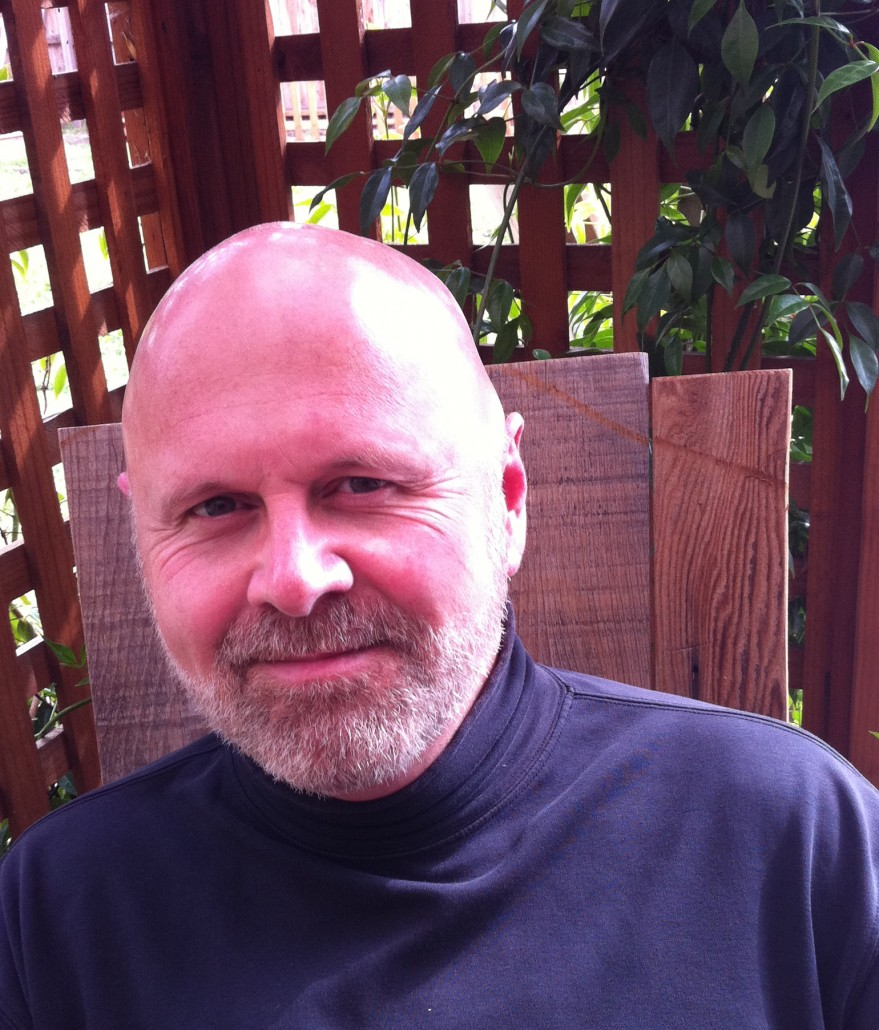Chancellor’s Sustainability Committee Welcomes Dr. Ken Hiltner as Interim Co-Chair

The Chancellor’s Sustainability Committee (CSC) is excited to have Dr. Ken Hiltner step into the role of interim co-chair of the Committee this year. Dr. Hiltner is an English professor at the University of California, Santa Barbara (UCSB), and teaches classes on ecocriticism and the climate crisis. He is also the chair of UCSB’s Sustainable Transportation Committee.
Dr. Hiltner is passionate about educating people about climate change, and empowering individuals to take what action they can. He is inspired by his 7 year old daughter, a part of the “climate generation.” The 2020s are being referred to as “the decisive decade” by some climate experts. Dr. Hiltner’s daughter, and her peers, will be affected for their entire lives by the actions that are or are not taken today.
This is his philosophy when it comes to his work on transportation. A few years ago, he found out that ~5,000 Metric Tons of CO2e were emitted every year by UCSB staff and scholars’ air travel, much of it coming from travel to and from conferences. That’s why in 2016, he helped run a “nearly carbon neutral” virtual conference. There were many concerns, including worries that the quality of the conference would be sacrificed.. Despite the worries, the conference ran smoothly.
Not only was the virtual conference better for the planet, but according to Dr. Hiltner, it was more accessible. The majority of scholars around the world cannot afford the airfare to conferences in the United States or European Union. “Here you have vast amounts of the world’s brain power, the majority, who are not able to attend these events,” Dr. Hiltner explained. “Why can’t we find a way of doing it remotely?”
Virtual events like these, with low carbon footprints and high accessibility, have become more common and less objectionable. Since the COVID pandemic eliminated the possibility of in-person meetings, more people possess the skills and equipment necessary for successful virtual conferences and remote work. Now, being present at a conference remotely is as simple as attending in person, if not easier.
Many people also realized that working remotely some of the time benefits their lives, allowing them to focus on mental and physical health, or spend more time with family. While their principle motivation to continue remote and hybrid work isn’t for climate reasons, it ends up helping that cause, too. “We’re all fighting the same fight,” Dr. Hiltner said. “If you think honestly about what life would make you the happiest, it will involve less emissions by far.”
Dr. Hiltner’s commitment to accessibility is evident in his approach to education. He posts all materials from his classes on ecocriticism and the climate crisis on his website, free for anybody in the world to read. He sees the Internet as an incredible opportunity to make knowledge open to anybody who wants to find it. Everything, including climate activism, starts with the individual. Education empowers people to do something about it- and almost anybody, in any field, has the power to do something, Dr. Hiltner insists.
As Chair of the Sustainable Transportation Committee, Dr. Hiltner focuses on one particular issue--transportation. As interim co-chair of the Chancellor’s Campus Sustainability Committee, however, there are many issues and many people involved in conversations. For all of the topics the committee works on, there are experts in the UCSB community. Dr. Hiltner has enjoyed bringing those experts together, and using their combined knowledge both to forward the goals of carbon neutrality, and to continue the UCSB’s long-time environmental focus.
Throughout this year, Dr. Hiltner looks forward to re-evaluating how we work and travel. “We need to stop at this moment and think about if we want to go back to business as usual, given that business as usual had such a huge carbon footprint,” he said. UCSB has made great strides in terms of its operational carbon footprint, and as emissions are reduced here on campus, travel becomes a bigger contributor.
Encouraging remote work and hybrid work presents an opportunity to chip away at those emissions. “I find it very exciting to be in the middle of history,” Dr. Hiltner said. “There’s a lot of exciting things going on in the world today.”